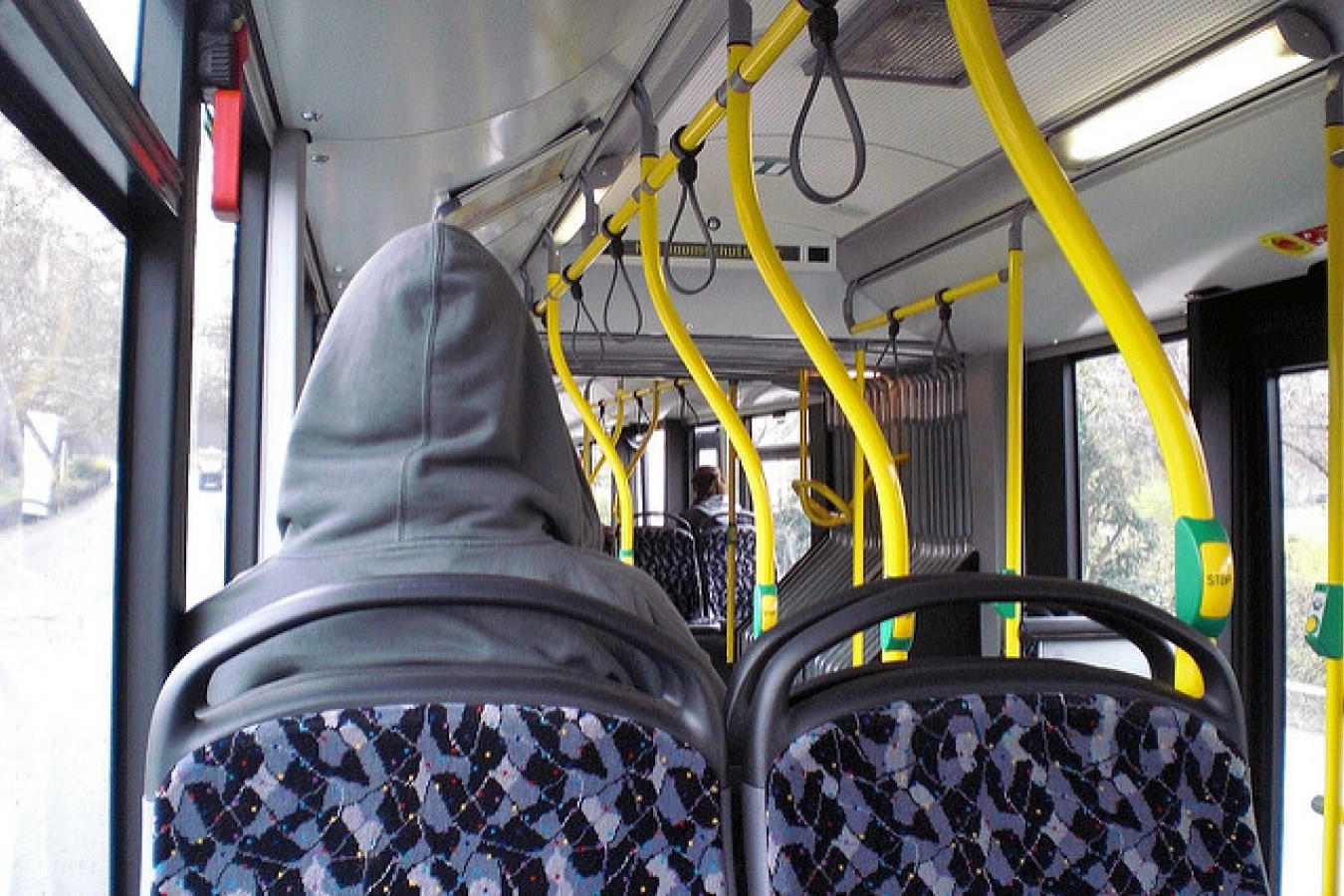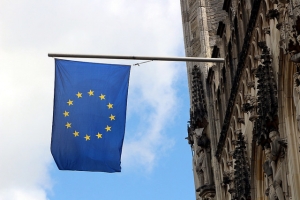Support migrant centric journalism today and donate

 • Watch This Video
• Watch This VideoGermany's population will decrease by as much as 16% by 2050 due to lower birth rates, an official forecast reports.
The population is also aging, the Federal Statistics Office said, indicating that the country's creaking welfare state will come under more pressure as the average age shifts toward pensioners.
Overall at current rates, the German population will fall from the current 82.4 million to between 69 million and 74 million, the office said in a new study. The number of births will fall from 685,000 a year at present to about 500,000 in 2050.
The study assumes that birth rates remain steady at 1.4 children per woman and that net annual immigration to Germany remains between 100,000 and 200,000.
The life expectancy of persons aged 65 in 2050 will be 4.5 years longer than 65-year old people today. The average age will rise from 42 to 50, and the number of people aged over 80 will increase from 4 million to 10 million.
The life expectancy shift will contribute to a drop of at least 22% in the working population - aged 20 to 64 - down to 39 million from today's 50 million, the statistics office said.
Successive leaders have cited falling population figures and the dwindling number of taxpayers as an argument why Germany needs to radically overhaul its generous welfare and health systems.
Realization is also spreading that some of the youngest, most skilled and most educated Germans are leaving the country. While many reasons are cited and speculated, it is clear that low relative income to skills, reduced skilled job prospects and high taxes are significant contributing factors.
Former Chancellor Gerhard Schroeder introduced unpopular cuts in unemployment benefits. His successor, Angela Merkel, has announced more financial support for families and that the retirement age will be lifted gradually by two years to 67.
"Living longer and longer without working longer: this just doesn't work," Interior Minister Wolfgang Schaeuble said. The aging society "forces us to make fundamental adjustments in the economy and society."
Stubbornly high unemployment has blunted calls for an aggressive increase in immigration to make up the shortfall. Low and semi-skilled immigration is currently at the lowest levels since 1990.
There have been many calls from German industry and business over the past several years to make major changes in the immigration system to attract highly skilled immigrants. However, politically the subject is highly volatile with the electorate and most politicians are reluctant to address the subject directly for fear of ramifications on their careers.
Successful points-based recruiting programs, such as those implemented by Canada, Australia and New Zealand, are cited and being studied as models. Great Britain and other westernized countries are already taking steps in that direction.
Related:
• Visa regulations tightened in Germany
• Germany scraps plans to entice highly skilled workers
• Germany fears decline of skilled engineers
• German IT industry association sees lack of skilled workers
• Germany's population continues to decline
• EU short of skilled labor
• EU and EEA labor market trends





















